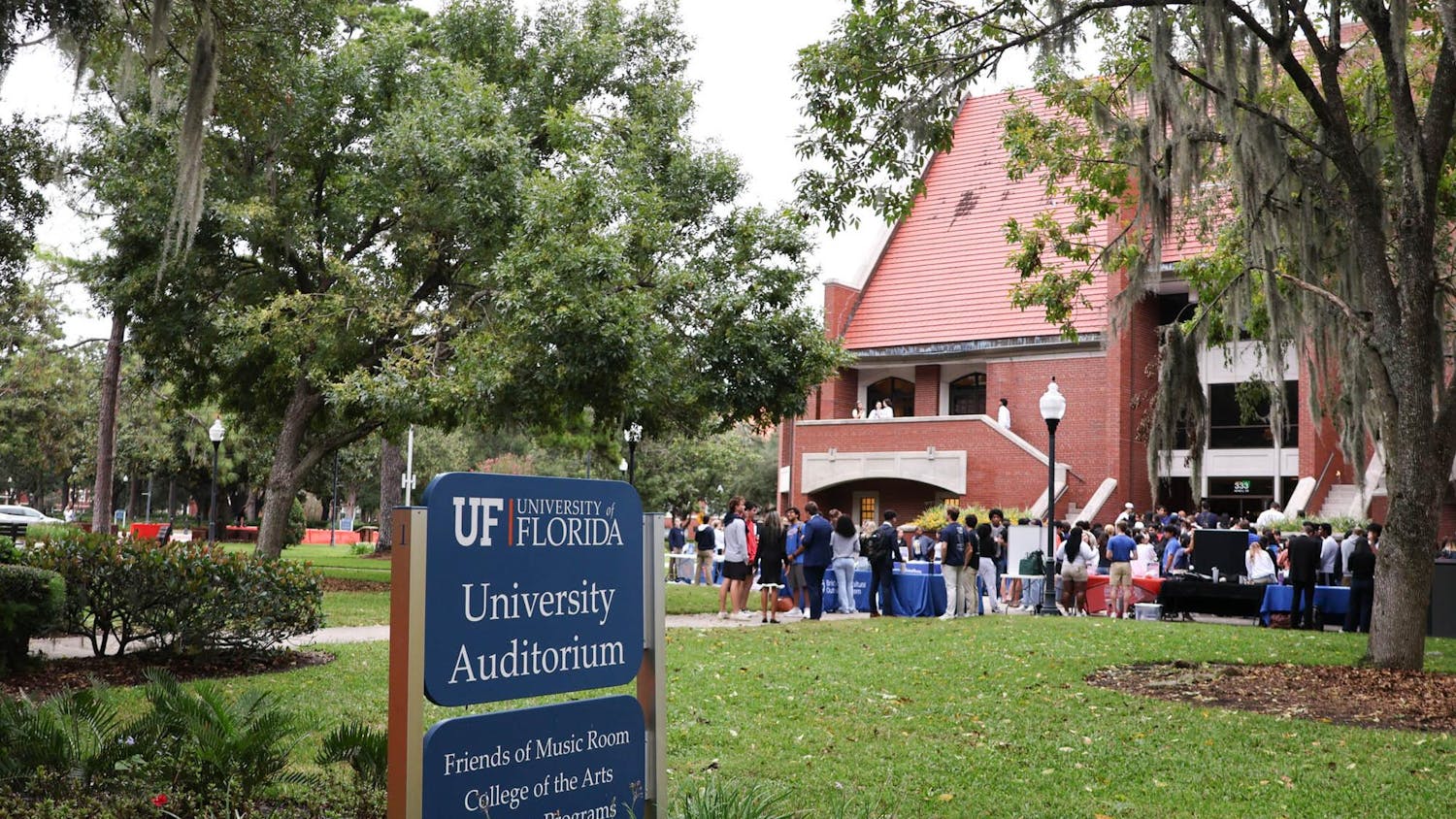“I never encountered, in state and federal politics, activities as aggressive as at the University of Florida…If there were lessons taught, they were not good lessons,” attested former Florida governor and senator Bob Graham. The latest not-good lesson taught by UF student politics is one learned from statewide policy: gerrymandering.
Currently, Florida politics is wrapped in a legal battle over redistricting after Gov. Ron DeSantis intervened to install a gerrymandered map that heavily benefitted Republicans. When his own party submitted a modest map that would likely result in 16 Republican and 12 Democratic seats, DeSantis vetoed the plan, vetoed another compromise plan and eventually strong-armed the legislature into accepting a new map drawn by his office that would result in 20 Republicans seats. Bragging about this accomplishment on the campaign trail, DeSantis claimed that this move helped the Republican Party secure its slim majority in the U.S. House of Representatives in the 2022 elections.
The consequence, however, has been the silencing of minority voices. To achieve this historic gerrymander, DeSantis split North Florida’s historically Black-represented fifth congressional district among four majority white districts. In court, opponents of the map argue that such a move violates the Florida Constitution’s Fair District Amendment as a racial gerrymander. Furthermore, an investigation by ProPublica alleges that DeSantis’s office collaborated with figures connected to the national Republican Party, another likely violation of the Florida Constitution.
At UF’s Student Government, a similar DeSantian move to redraw election maps has taken place. Last summer, after losing two elections in a row, members of the Greek-dominated Gator Party (most of whom later swapped affiliations to Vision Party) pushed forward a new 37-seat at-large off campus map that eliminated the zip code-based district model that had been in place since at least the 1970s. This map has been upheld by the UF Supreme Court, despite its dubious constitutionality. The UF Supreme Court’s decision appalled one UF justice to the point she made the rare move of releasing a dissenting opinion.
Just as the elimination of the fifth congressional district diminished the voice of Black voters, the new at-large map silences the voice of every student who happens not to live in Fraternity and Sorority Row. In January, I examined the zip codes of the 37 elected off campus Vision senators last fall and found that 28 of 37 senators lived in the former Districts A and B, which contains Fraternity and Sorority Row.
In contrast, students who do not live in the former districts containing Fraternity or Sorority Row received less than a quarter of the student representation under the gerrymandered map. The voice of non-Greek students, who represent the vast majority of the UF population, no longer receive a proportional voice in how millions of our tuition dollars are spent.
It goes without saying that sorority girls and frat guys, who mindlessly vote for their chicken parm dinner, do not speak for the diverse UF student body. Under the gerrymandered map, however, they will continue to hold a supermajority of the off campus seats. Barring any last-minute ruling on the election map, Vision Party is guaranteed to win these upcoming sham fall elections and every fall election for the foreseeable future, wrecking any facade of democracy within UF SG.
The connection between the DeSantis and Vision Party gerrymander is no coincidence: UF SG is famously a pipeline to real state politics. Many of the student politicians who gerrymander away the political power of non-Greek students now will go on at the state level to gerrymander away the political power of racial minorities. The lessons taught at UF SG, to reiterate the late Bob Graham, are “not good lessons.”
Rey Arcenas is a UF history and women's studies senior.





